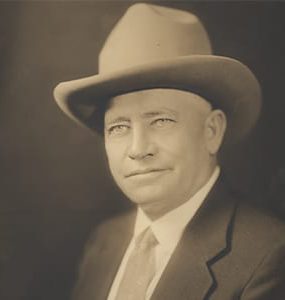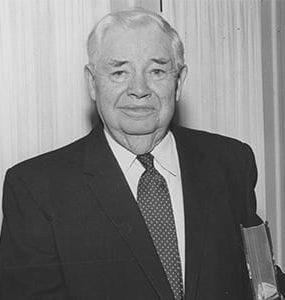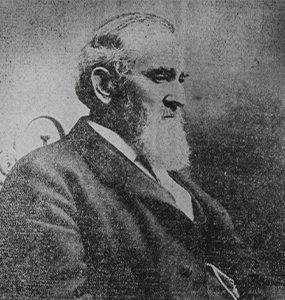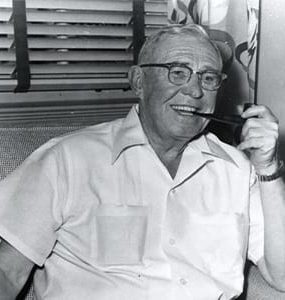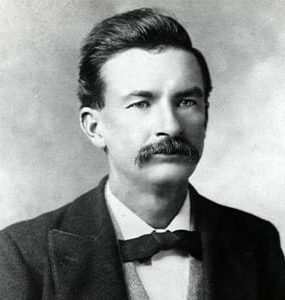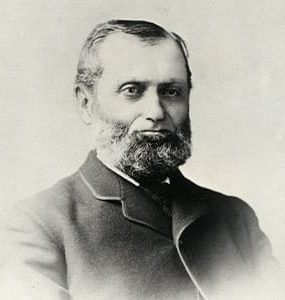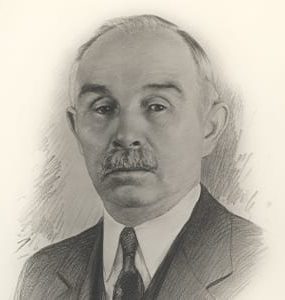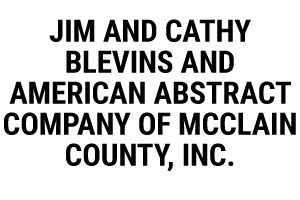Bio
Thomas Berry, born April 23, 1879, was the 14th Governor of South Dakota and a dedicated public servant whose career spanned over two decades. Born in Paddock, Nebraska, he moved to South Dakota in 1897, where he established a 30,000-acre ranch in Mellette County, raising Hereford cattle and saddle horses. Before his gubernatorial career, Berry served in the South Dakota House of Representatives from 1925 to 1931, during which he also contributed to the Custer State Park Board.
Berry’s two-term governorship from 1933 to 1937 saw him lead South Dakota through the challenging years of the Great Depression. As Governor, he acted as the Federal Relief Administrator, securing essential federal aid for the state. Berry championed innovative policies, including the legalization of 3.2 percent beer and the establishment of unemployment insurance. Under his leadership, South Dakota’s property tax was abolished and replaced by a gross income tax, which was later substituted with a state sales tax.
Berry ran unsuccessfully for a third term in 1936 and later sought election to the U.S. Senate. He won Democratic primaries in 1938 and 1942 but was ultimately defeated in the general elections. His political career concluded with his role as director of the Farm Credit Administration in Omaha, Nebraska, from 1942 to 1947. Berry passed away on October 30, 1951, leaving behind a legacy of service and resilience.

